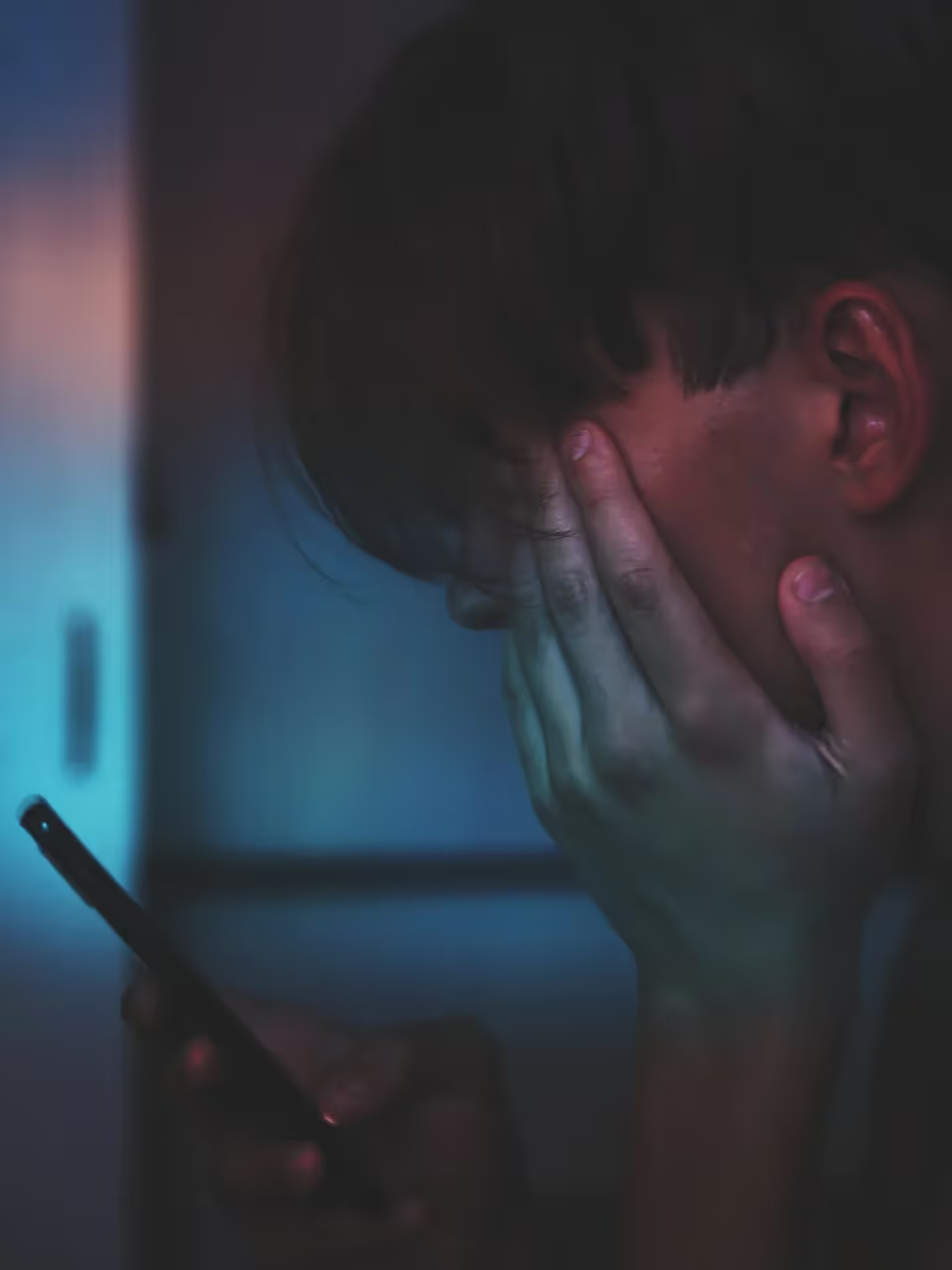Bipolar depression was very confused with normal depression in the past and in fact, presently the mistake is still being made.There are major differences...

Bipolar depression was very confused with normal depression in the past and in fact, presently the mistake is still being made.There are major differences between both and recognizing them is important to be able to give good accounts which will result in proper treatment.The differences do not stop the two from sharing similarities as there are common symptoms that are shared between the two even if to varying degrees in each category.Bipolar depression has quite a few symptoms some of which are, sleeping problems in which a person finds it hard to have regular sleep.Thoughts of suicide and self-harm can permeate the minds of people and should be seen as a possible symptom.Concentration and memory problems make daily life difficult for people suffering from it and are also a symptom of bipolar depression.More symptoms can be found if you keep reading.
Restlessness is one of the symptoms of bipolar depression.This can be easily confused with anxiety but they aren't quite the same thing.The symptom of restlessness can show itself in various ways.Worrying very much, having difficulty making decisions, not being able to stay or remain comfortable in one spot, constantly having an uneasy feeling, being overtly excitable, and crankiness, it can come as psychomotor agitation which is engaging in movements that do not have much of a purpose.Restlessness can be reduced through meditation, staying active, avoiding substances, talking to loved ones, improving nutrition and sleep, or seeking the help of professionals.

This is one of the symptoms of bipolar depression and is very significant in most cases of it.Some experts have suggested that abnormal sleep patterns are reported as being one of the earliest symptoms of bipolar depression observed in cases.This is observed by parents of children with bipolar depression and research shows that such children have an even higher rate of abnormal sleep patterns than children with ADHD.Sleep problems in bipolar depression greatly affect the lives of people who are suffering from it.A lack of proper sleep impairs a person on a mental and physical level thereby depriving them of the energy which they need to fully maximize their day and stopping them from reaching their full cognitive capabilities for the day.These are besides the obvious fact that sleeping problems make bipolar depression worse in and of itself.Bipolar depression tends to make some of its sufferers falsely assume that they do not require adequate sleep and can function fully on a little.Other sufferers on the other hand tend to assume they don't get enough sleep even when rested for an adequate amount of time.Making a strict bedtime schedule can help with this.Cutting off stimulants such as coffee or energy drink or alcohol can also help.Mediation is also something that can help and when all else fails, professional help can be resorted to.
Having feelings of worthlessness is one of the symptoms which can come with bipolar depression.This is not to say that having bipolar depression is the only reason a person can have feelings of worthlessness.Depression (bipolar depression and normal depression) can however commonly result in the manifestation or intensifying of feelings of the worthlessness of a person.This is not surprising as depression comes with a sense of low self-esteem.Bipolar depression when manifesting as feelings of worthlessness have the capacity of making a say a famous doctor who has found the cure for cancer feel like nothing they have not accomplished anything of value in life and do not derive much.These feelings of worthlessness will permeate into different areas of the life of someone with bipolar depression causing nothing but pain, anxiety, and sadness.Everyday life becomes a chore.Just getting out of bed feels a person with a sense of dread.Thinking one has no worth can lead to social withdrawal and isolation as one does not think they have much value to provide to others.Activities such as hobbies that a person used to enjoy become difficult to even engage in.Feelings of worthlessness can seriously affect a person's mental state but can be alleviated in various ways.These ways can include therapy, meditation, exercise, reaching out to people or support groups, engaging in positive affirmations, etc.
It has been widely studied and confirmed that bipolar depression can manifest issues with focus, thinking concentration, and memory.People with bipolar depression report having clouded minds, chaotic or disorganized mental states, and difficulty putting words and thoughts together internally and externally.They have issues with their long-term and short-term memory.Sometimes bipolar depression can manifest as memory loss to some people with the condition.The horrible thing about this symptom is that it cuts across every aspect of a person's life rendering them functionally deficit or unavailable.There are things that a person can use to lessen the effects concentration and memory problems bring.Like making to-do lists or writing things down before one forgets or when one wants to remember something later.Improvements in diets and sleep patterns are other possible routes to go.Seeking professional help in very extreme situations is advised.
One of the symptoms of bipolar depression is having suicidal thoughts and thoughts of self-harm.These thoughts are said to come in strong waves and can especially take strong hold of a person's mind, filling it with nothing but morbid thoughts.These thoughts are recurring and suicide has never been an easy topic to discuss with others making it usually a lone battle to fight for people with bipolar depression who are experiencing them.Research has shown that up to 20% of people with bipolar disorder commit suicide and around 20–60% of them make at least one suicide attempt in their life. It has also been discovered that among all people with mental conditions, those with bipolar disorder have the highest suicide rate and this rate is 10-30 times more for people with bipolar disorder than the rest of the population.One of the lesser consequences of these severe and recurring thoughts is that they can lead to self-harming behavior.People with bipolar disorder also account for people with the highest rates of self-harming behavior.Thoughts of suicide and self-harm as well as overt behavior exhibiting such can be symptoms of bipolar depression but can not be said to be a universal symptom.These thoughts and actual self-harm are serious issues and help(especially professional) should be sought.Reaching out to loved ones or support groups is also advised.
Bipolar depression can manifest in various ways and sometimes the first step toward discovering one has a condition can be picking up on one or more symptoms that are pointers to the existence of a condition.Bipolar depression is a serious issue that has many symptoms, some of which are mentioned in this article.The symptoms mentioned are: Experiencing restlessness, having sleeping problems, having concentration and memory problems, feeling worthless, and having thoughts of suicide and self-harm.The presence of these is not a sure guarantor of the existence of bipolar depression and medical expertise should be consulted to make certain and recommend proper medication or steps to take.
https://www.ncbi.nlm.nih.gov/pmc/articles/PMC6723289/
What to Do When Depression Makes You Feel Worthless | Psych Central
Suicide in Bipolar Disorder: Why It Happens and How to Cope (psychcentral.com)
How Does Bipolar Disorder Affect Memory? | Banyan Mental Health
https://www.helpguide.org/articles/bipolar-disorder/bipolar-disorder-signs-and-symptoms.htm
There isn’t one single cause of bipolar disorder—it’s usually a blend of genetics, brain chemistry, and life experiences like stress or trauma. Think of it as a complex puzzle with several interconnected pieces. When you’re ready to make sense of those pieces, Overcomers Counseling is here to help you put the picture together.
Absolutely. Bipolar disorder may be a lifelong companion, but with consistent treatment and support—like the kind offered at Overcomers Counseling—you can build a life that feels steady, healthy, and genuinely yours. Think of it like learning to drive on a windy mountain road: tricky at first, but totally manageable with the right guidance.
Supporting someone with bipolar disorder starts with compassion, patience, and a solid understanding of what they’re navigating. Offer steady emotional support, encourage them to stay connected to treatment, and avoid taking their symptoms personally. And remember, caring for yourself matters too. Overcomers Counseling can help guide both you and your loved one through these ups and downs.
Living with bipolar disorder can feel like riding a roller coaster you didn’t exactly sign up for—episodes of deep depression on one end and bursts of high energy or euphoria on the other. Everyone’s experience looks a little different, and at Overcomers Counseling, we recognize that your story deserves to be understood on its own terms.
Five common signs of bipolar disorder include dramatic shifts in mood, energy, and activity levels. This often shows up as episodes of mania—high energy, excitement, or irritability—and episodes of depression marked by sadness or hopelessness. Other signs may include disrupted sleep, racing thoughts, and impulsive or risky decisions. If these sound familiar, Overcomers Counseling can help you sort through the noise and find clarity.